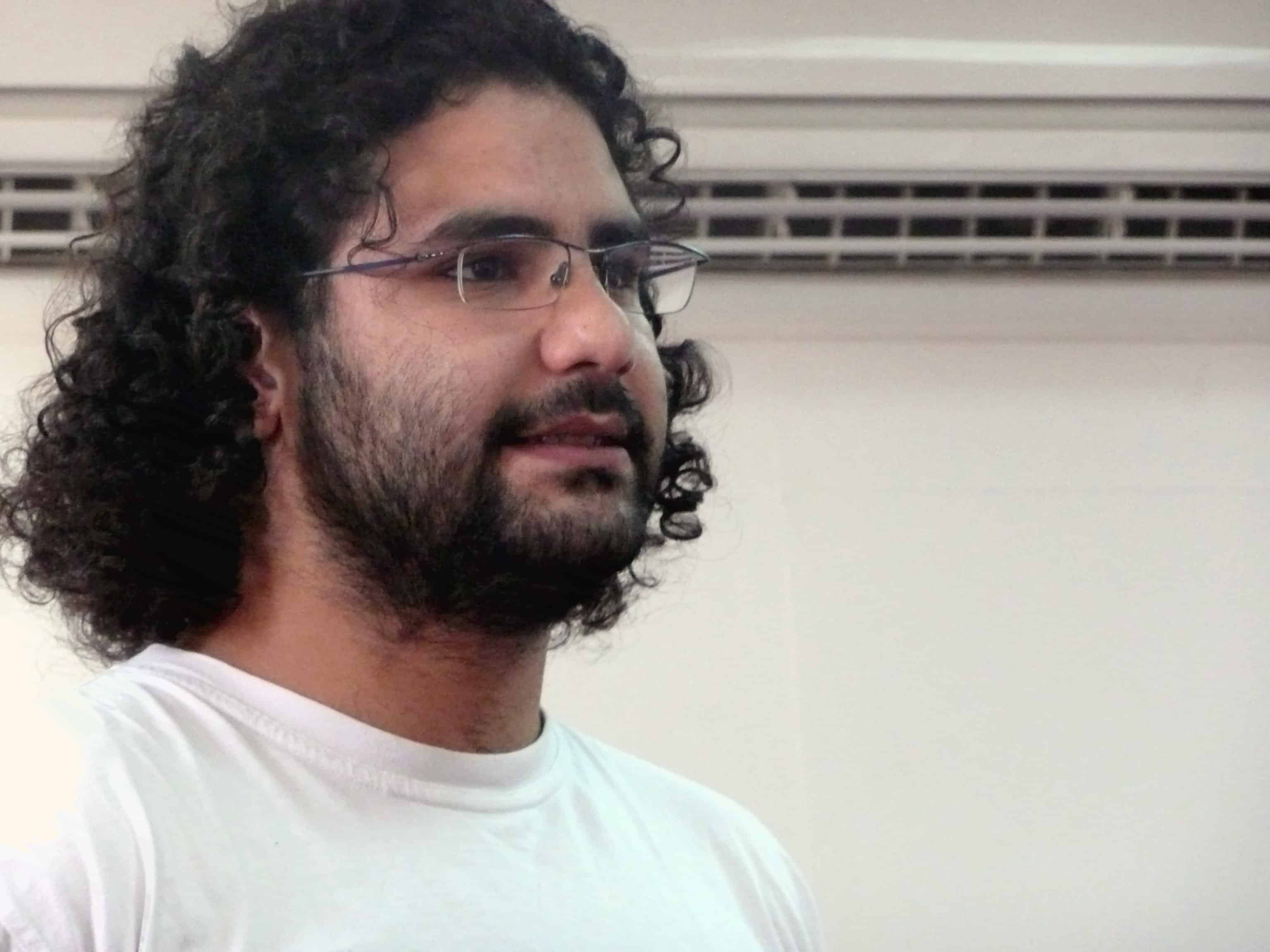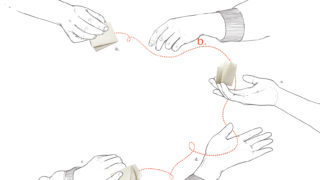
Guernica
Justice


Mansoor Adayfi: “If you are alive, you still have resistance within you”
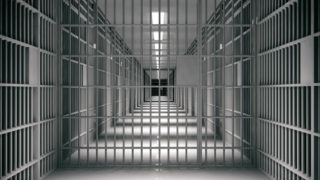
Jamie Roth: “The opportunity for change is fading”

Maia Szalavitz: “The work you’re doing before you get out of the chaos still counts.”
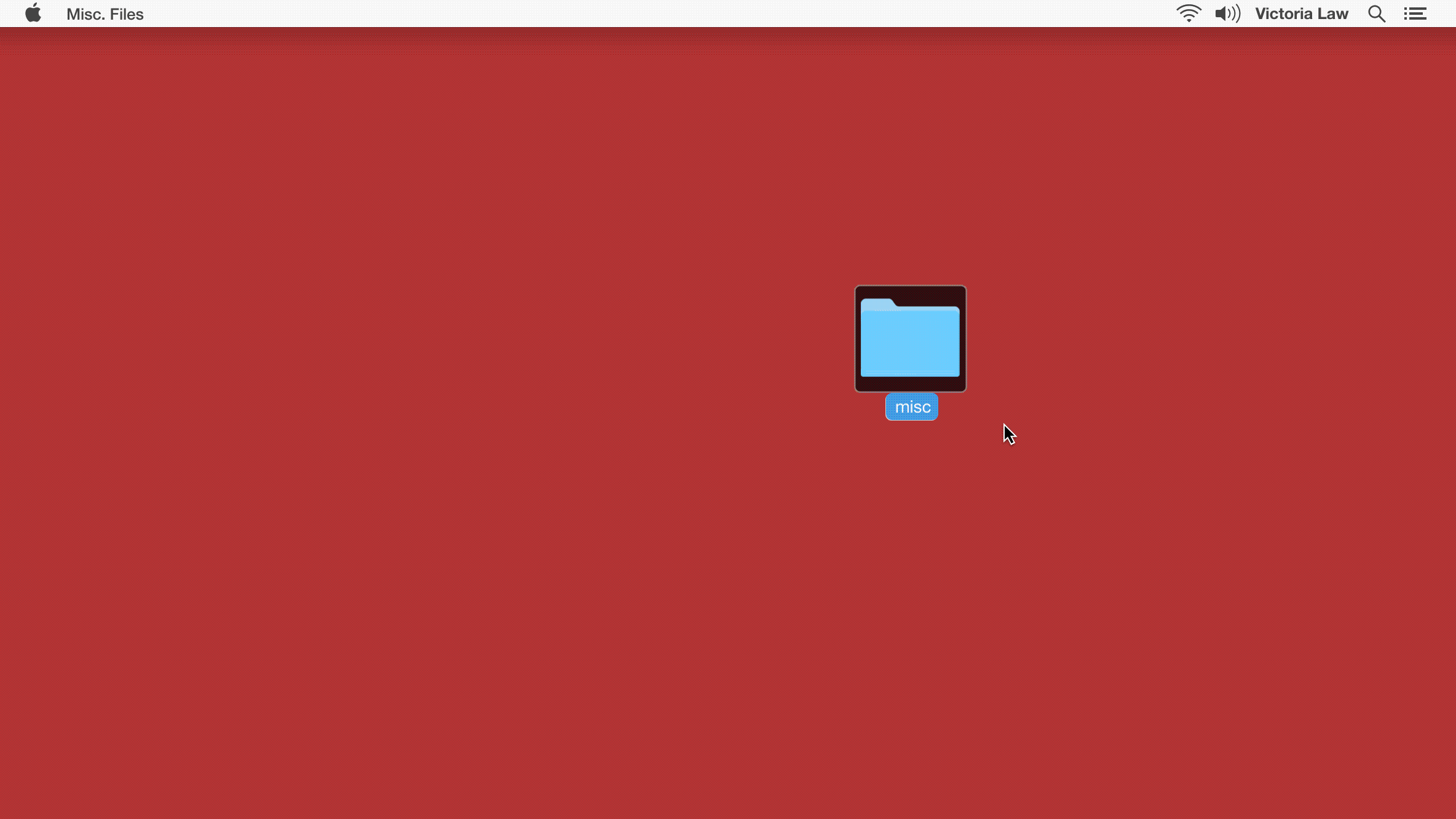
Victoria Law: “We understood that prisons and police would not make us safer.”
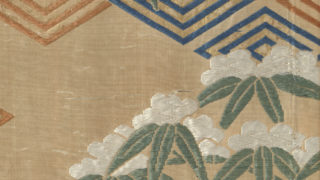
The Edge of Bethlehem
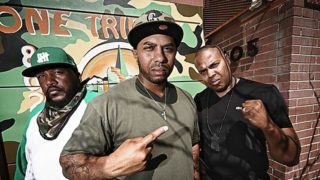
The Informants

Hinterlands
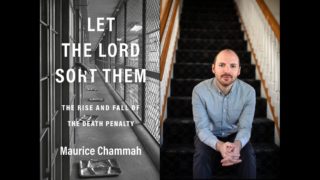
Maurice Chammah: The Rise and Fall of the Death Penalty
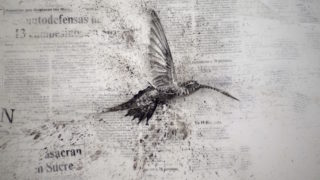
How to Wash Your Hands in a War Zone
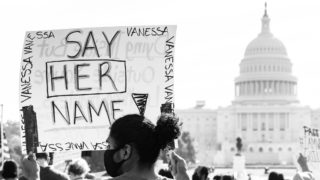
How To Corrupt the Youth

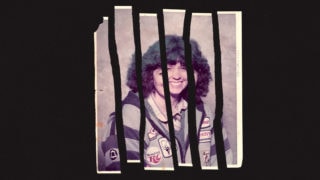
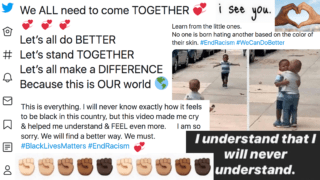
The Problem of White Efficacy

Emma Eisenberg: Holding Contradiction

Rene Denfeld: What Happens After the Trauma

The Trouble with Trauma
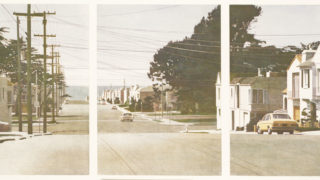
Things We Didn’t Talk About When I Was a Girl

Not the Perfect Victim
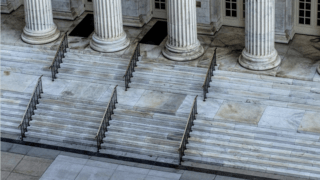
Holy Love, Holy Rage
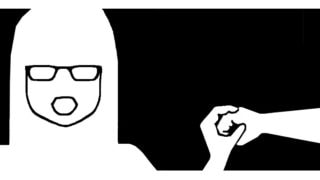
Kidnapped, Tortured, and Navigating an Indifferent Court System
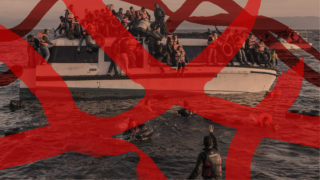
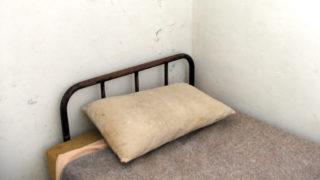

In the Prison of Your Skin
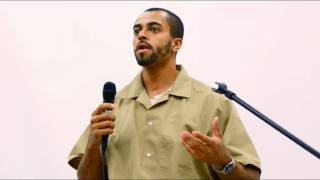
Presented by SIMA: The Walls
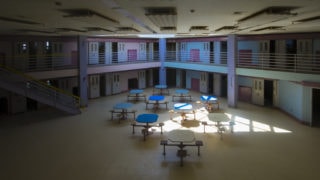
On the Edge of Seventeen

Life on Mars
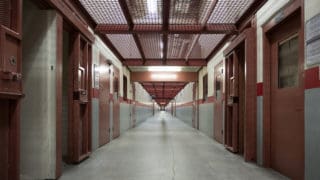
That Night, It Never Ends: A Story of Life With or Without Parole
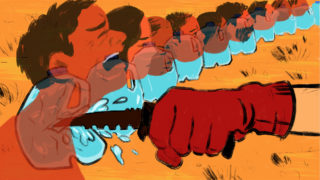
Is the US Border Patrol Committing Crimes Against Humanity?
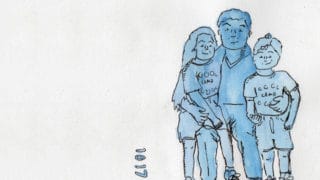
The Father of Three Bracing for Deportation
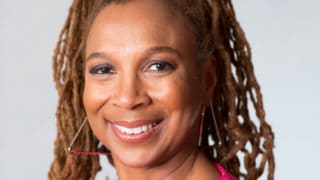
Kimberlé Crenshaw: Up in Arms, a Conversation About Women and Weapons

How Much Easier to Hate
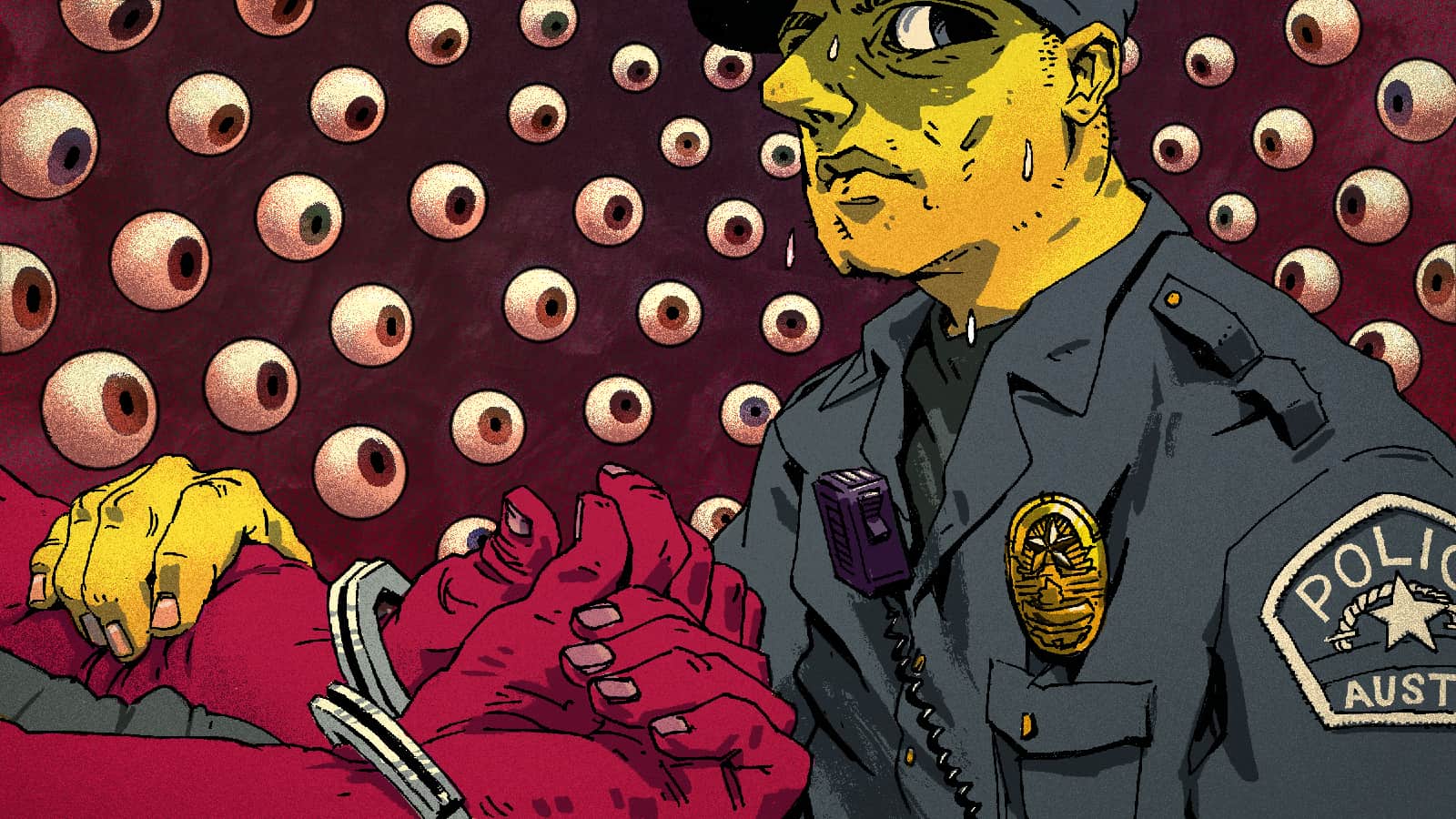
How a Cop-Watcher Is Born
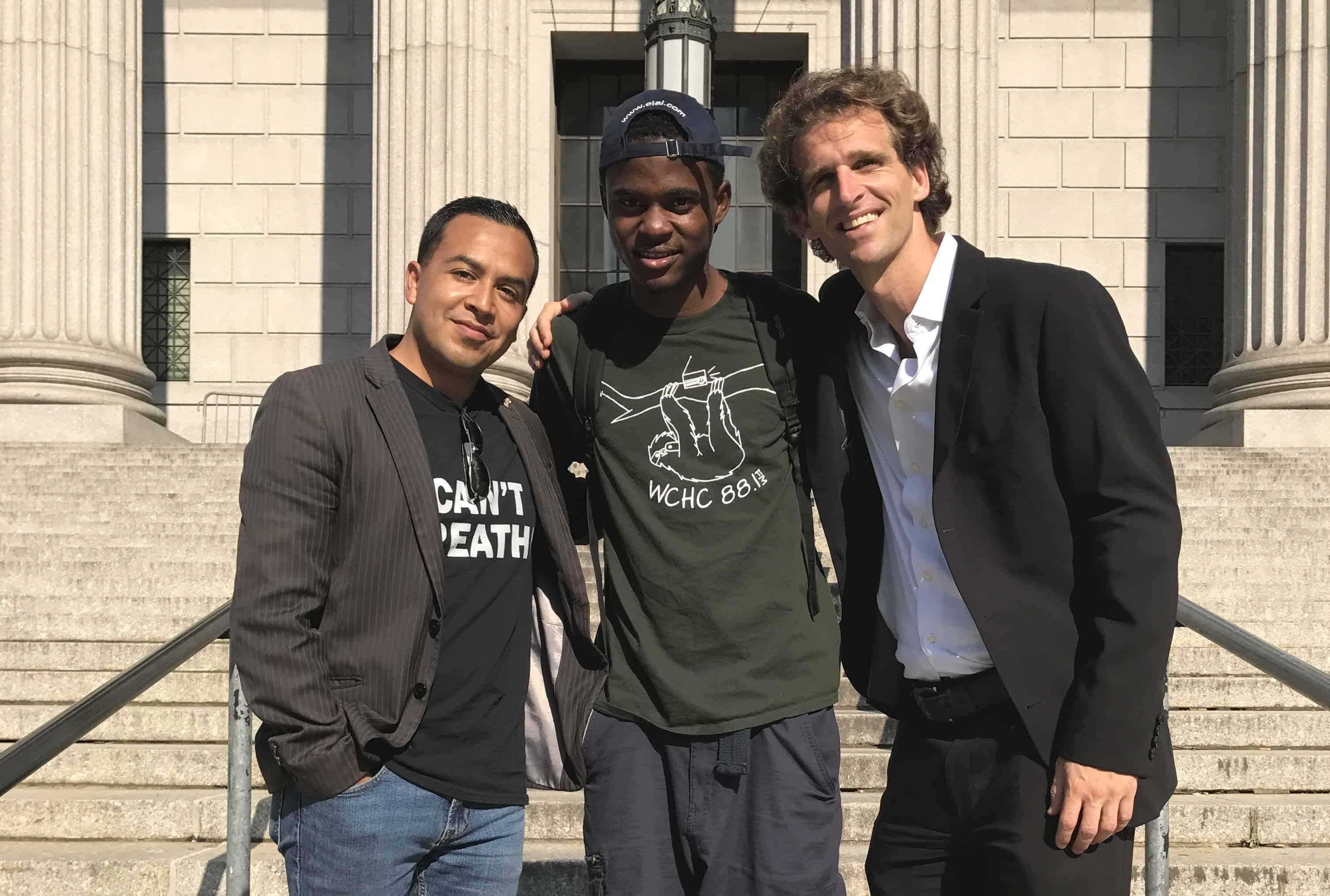
Gui Stampur: Reform Is Long Overdue
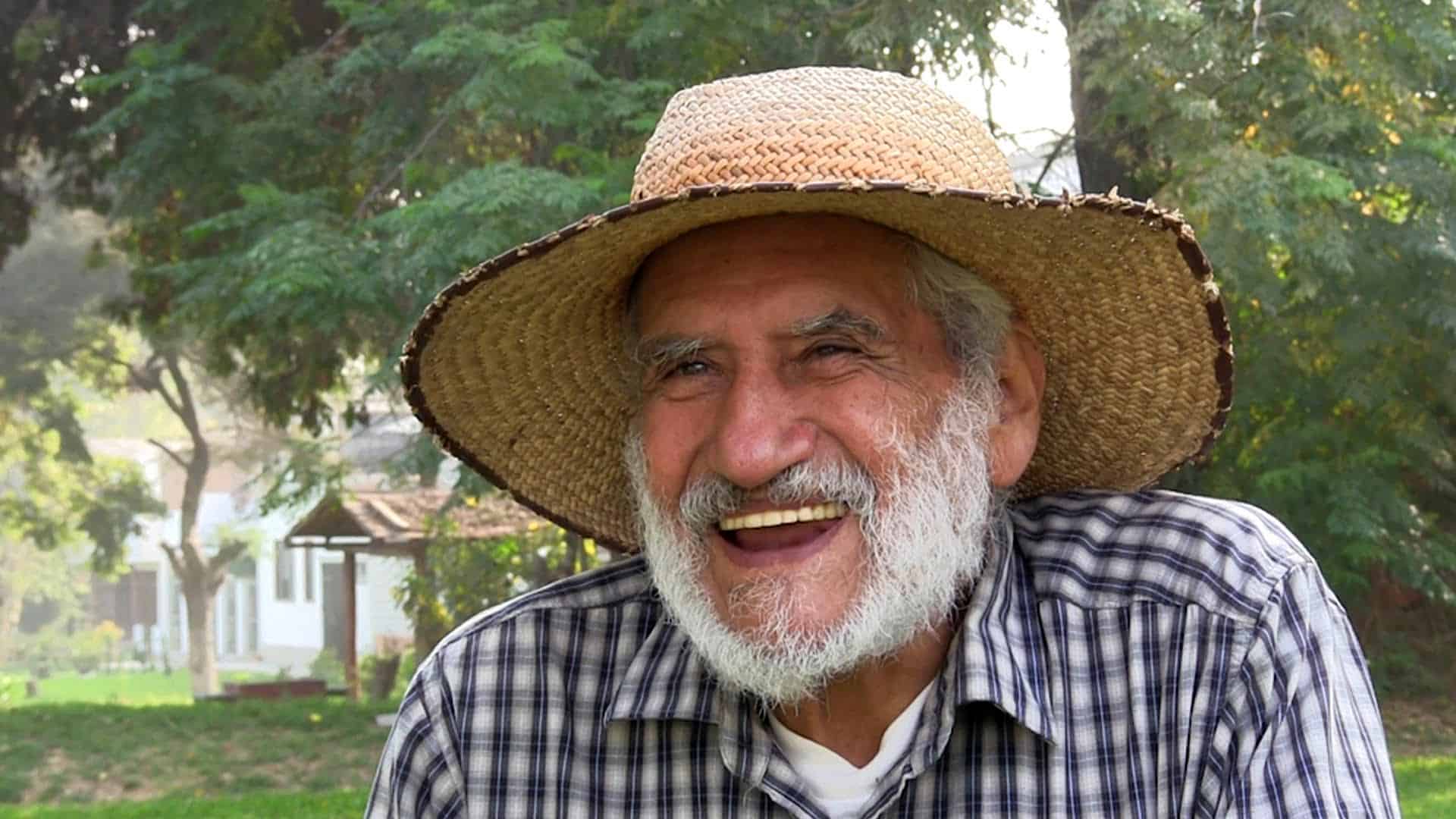
Hugo Blanco: The Future Is Indigenous
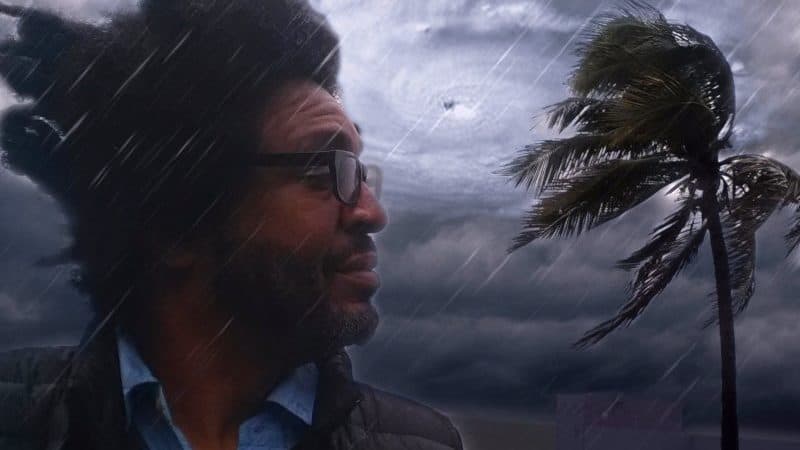
Waiting for Hurricane Irma
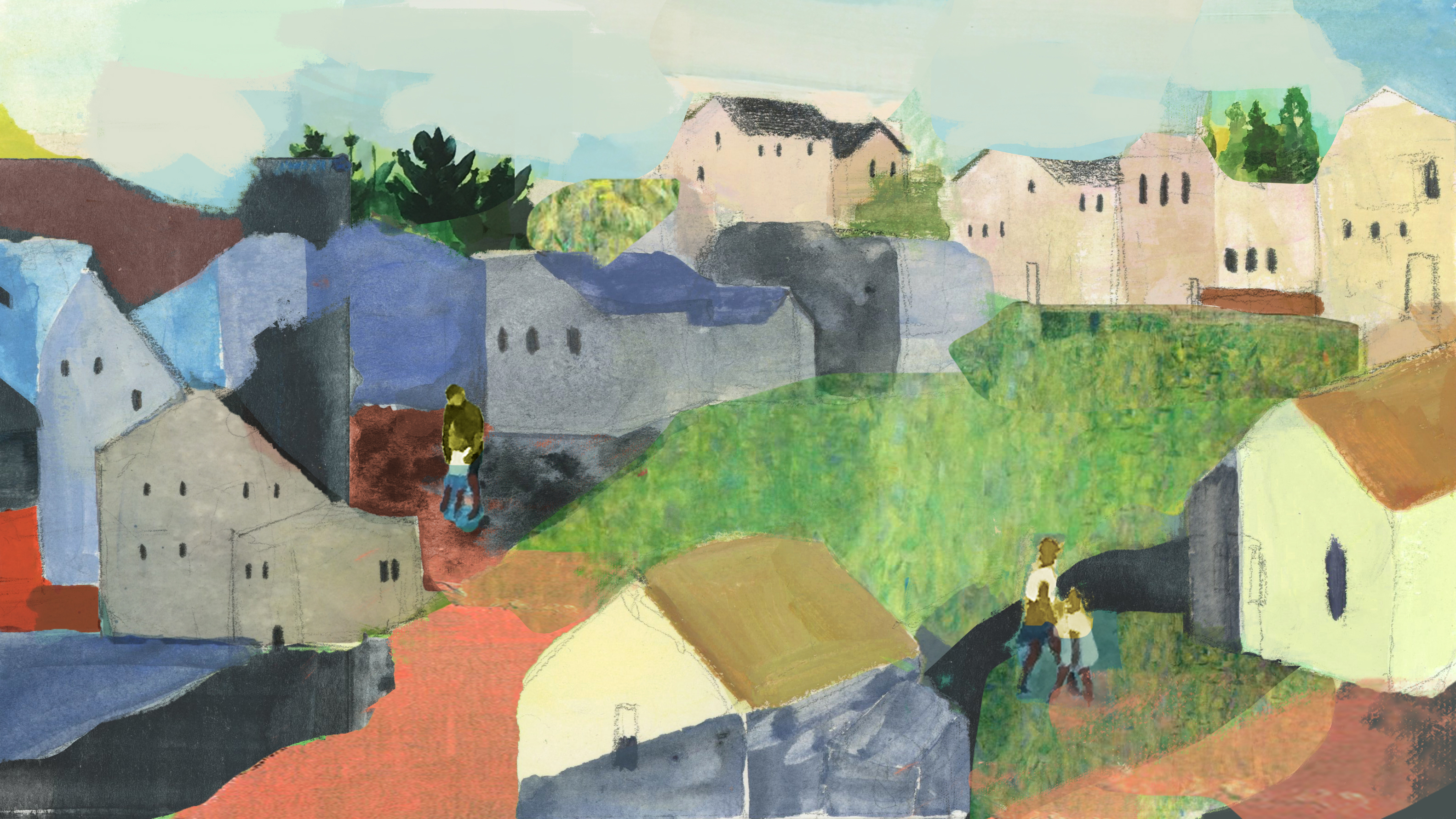
The Fallout

The Hunted
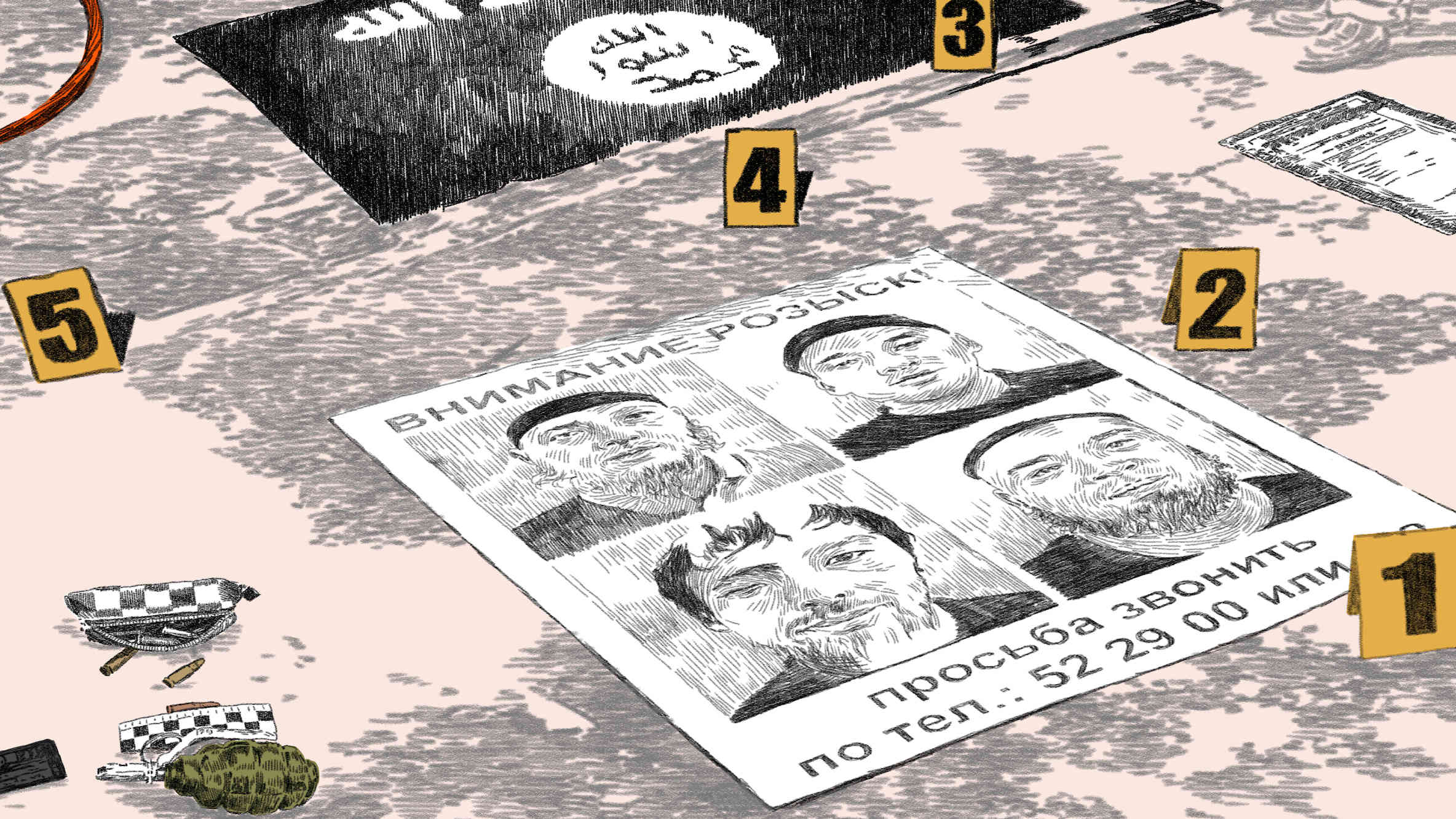
The Escapees of Bishkek
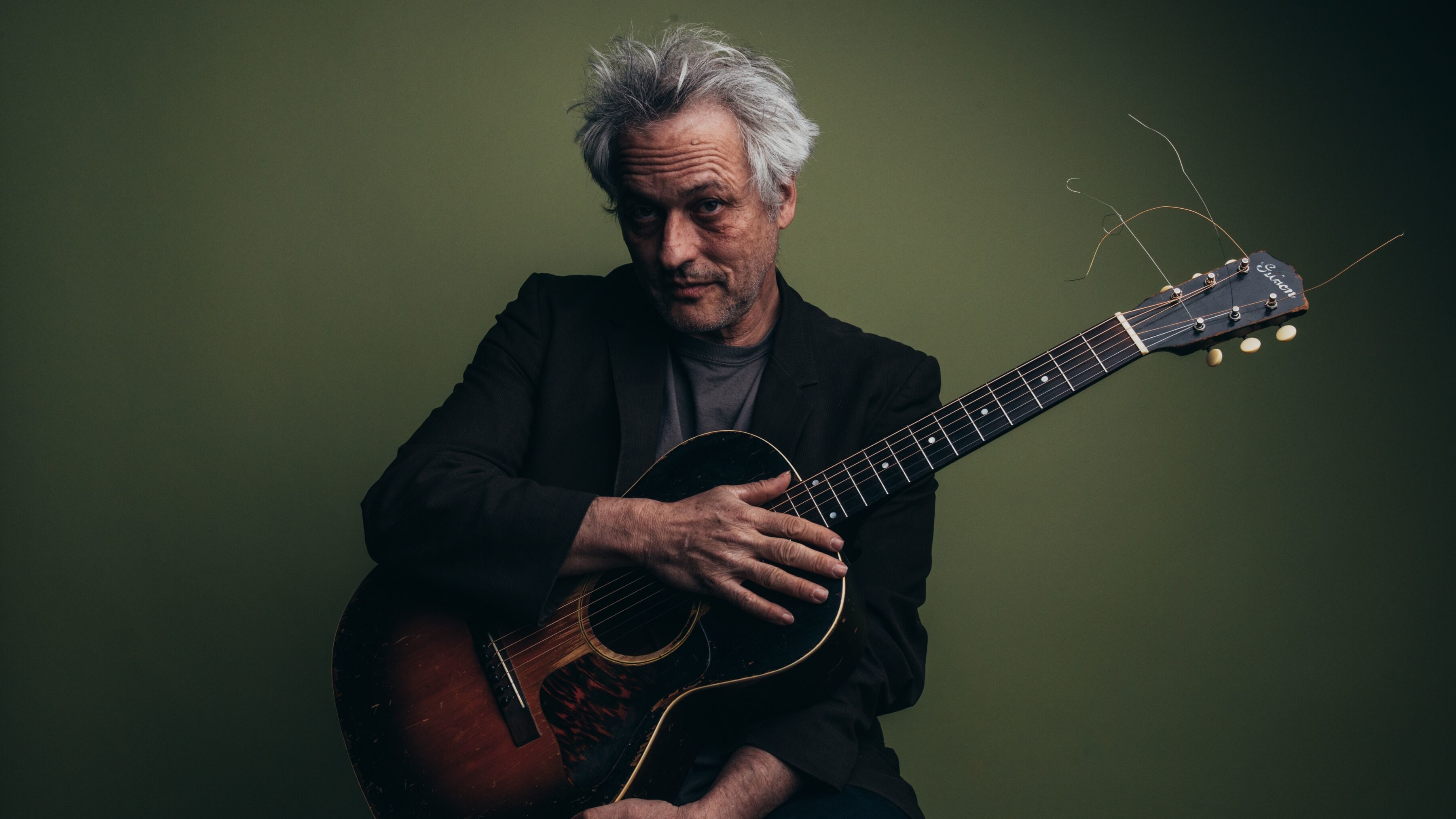
Marc Ribot: Barriers to Participation
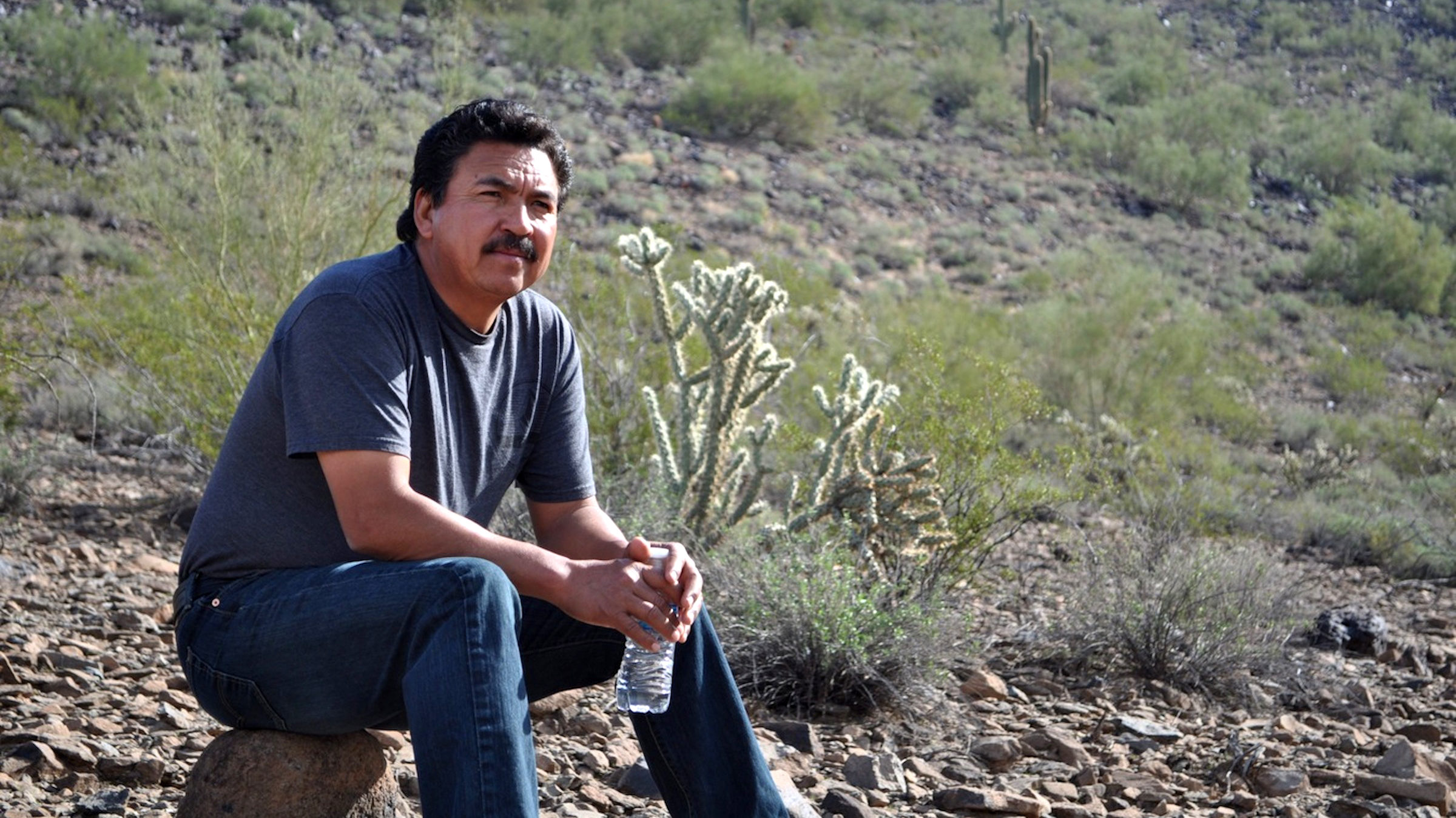

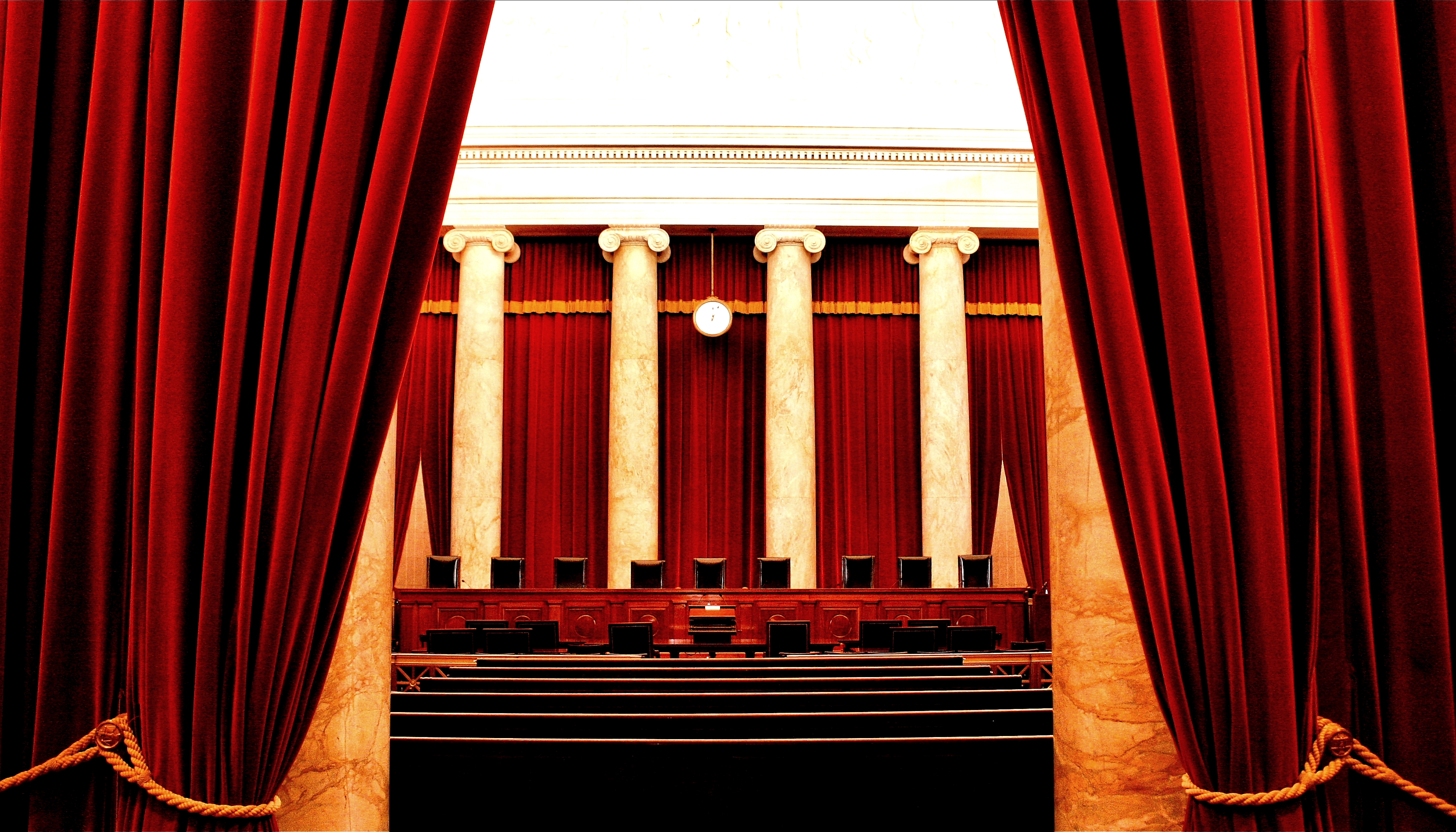
Originalism’s Constitutional Imaginary

We Are the Cavalry

Indulge the Other
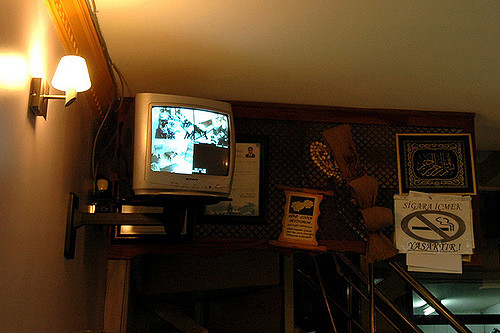
Postcard from the Court of Last Resort
How mass media declares murder—or not—in a small town.
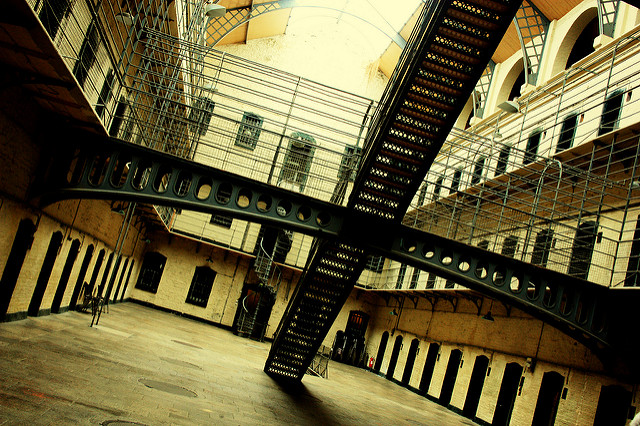
Soffiyah Elijah: Lessons from Cuba’s Incarceration Model
A conversation between Executive Director of the Correctional Association of New York, Soffiyah Elijah, and filmmaker Hyatt Bass.
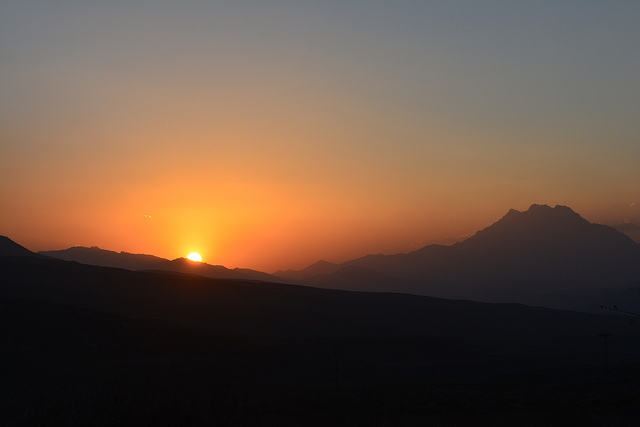
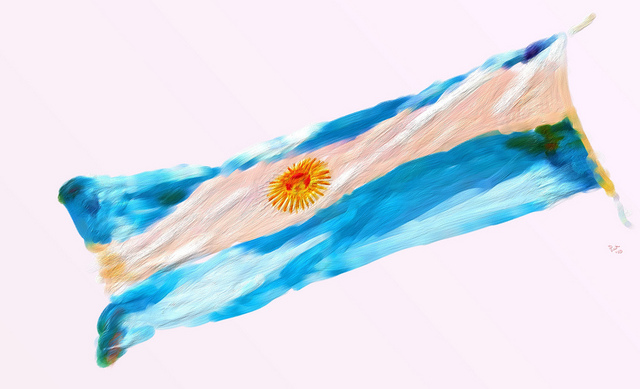
Trivializing Tragedy
An open letter to Argentine President Ing. Mauricio Macri and the Mayor of the City of Buenos Aires, Horacio Rodríguez Larreta
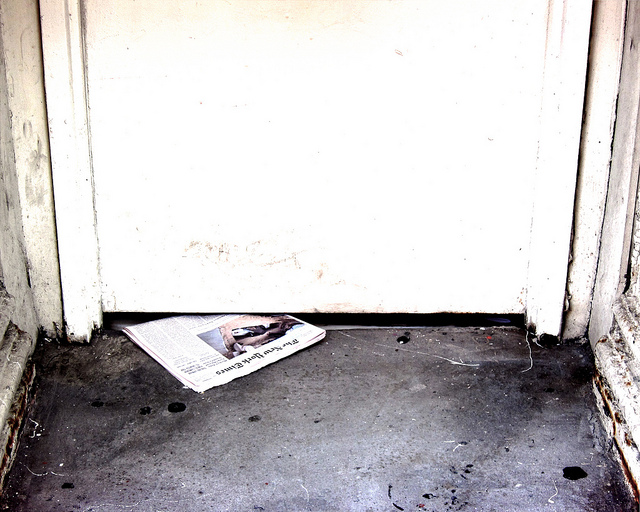
All the News That’s Fit to Print
How the media hide undocumented workers.
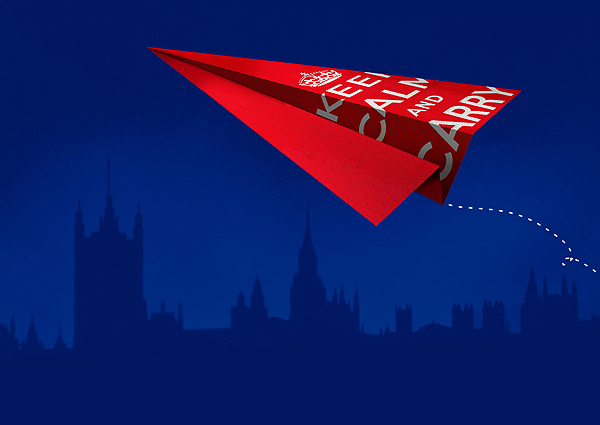
The Nostalgia Aesthetic
How the “Keep Calm and Carry On” poster became a global design icon.
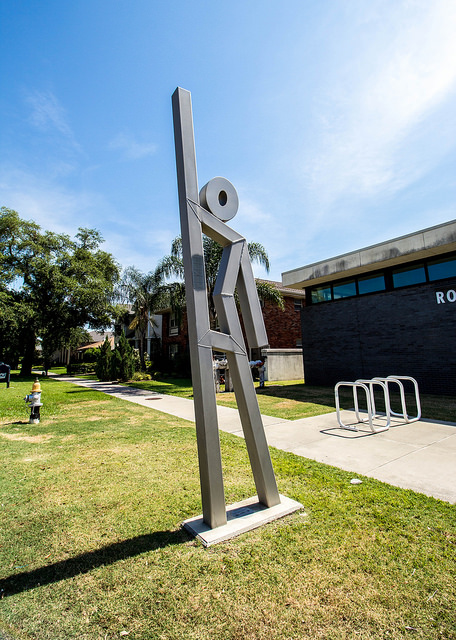
Art as Activism
A look at creative humanitarian projects happening around the world

The Case for Expungement
Police records can haunt a lifetime, but they don’t have to.
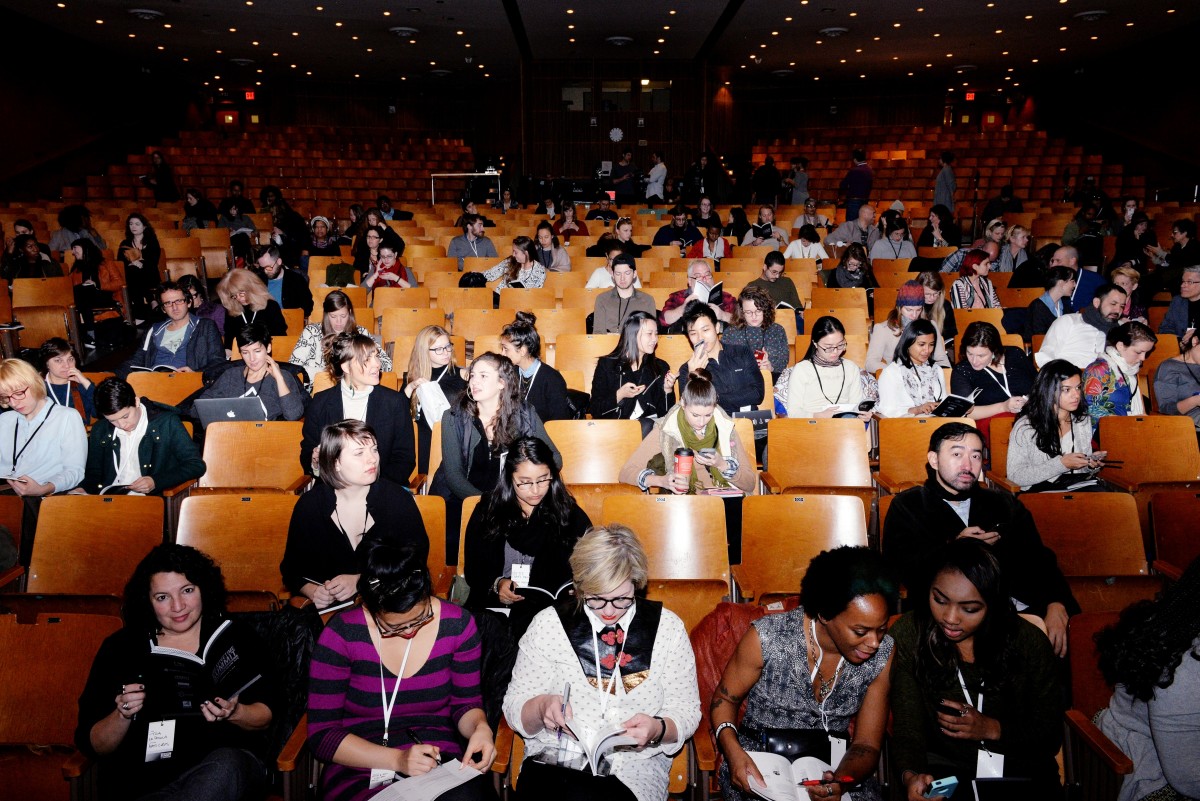
Can the Arts Provide What Schools Can’t?
Artists and community organizers discuss racial segregation, social justice, and filling in the gaps of our public school system.
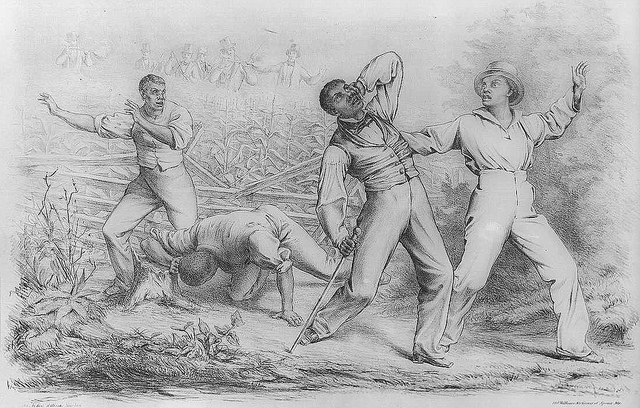
When White Liberals (and Black Elites) Make Things Worse
A historical perspective on language and the criminalization of African Americans.
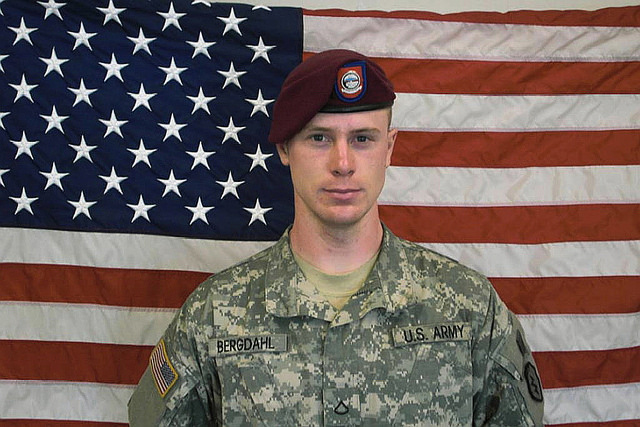
The Bergdahl Discussion Dilemma
The risky story-telling complicit in the public discourse on Sgt. Bowe Bergdahl.
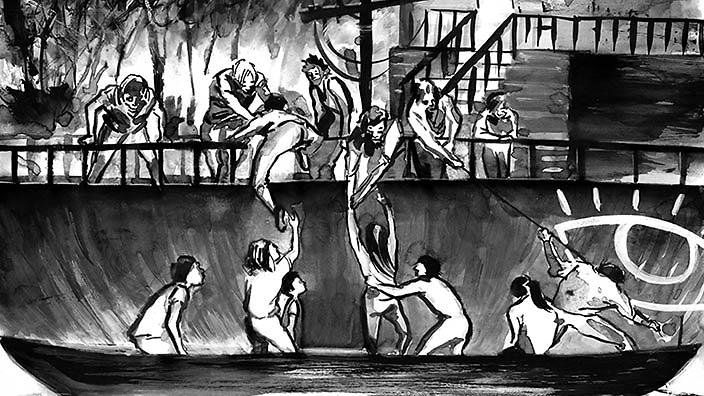
Matt Huynh: Drawing Between the Lines
Occupy Wall Street artist pens interactive online comic about Vietnamese refugees
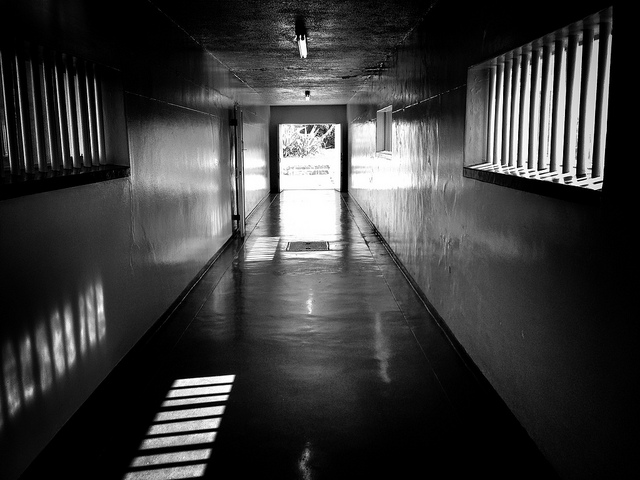
The Homemade Death Penalty
Faced with a shortage of killer drugs, Texas executioners have begun manufacturing their own pentobarbital, a lawsuit charges.
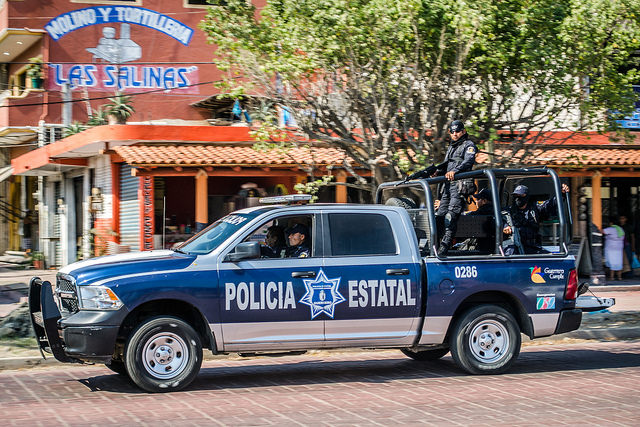
The New International Jim Crow is a Fat Cat Capi#&$$st Motherf#$@er
America’s racist and rapacious War on Drugs travels abroad.

Public Dissent
Photographs of inquiry and discourse across San Francisco.
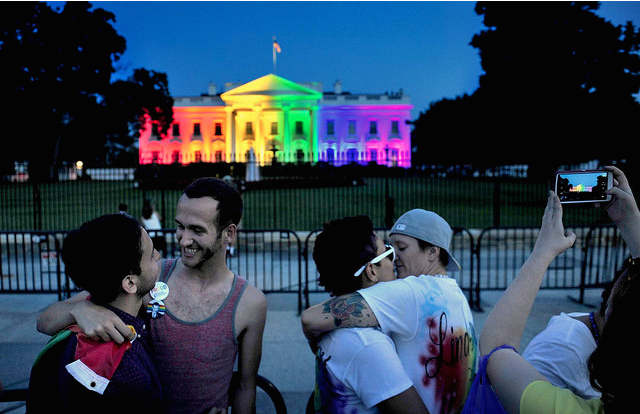
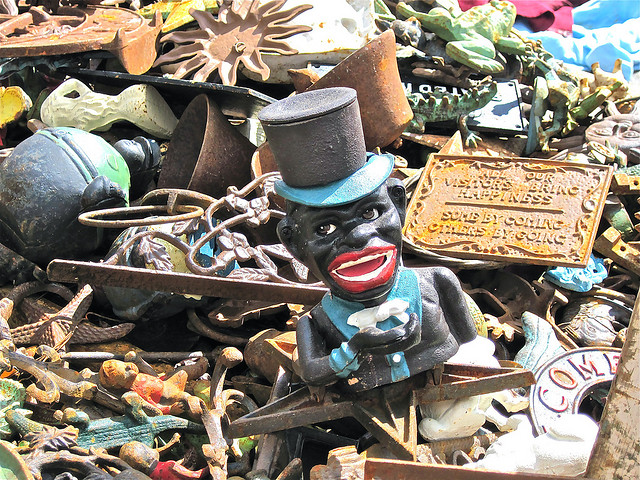
The South Doesn’t Have a Monopoly on our Racist History
We should take down the Confederate flag, but racism has always been and continues to be a national issue. A case study of Crandall v. State before the Connecticut Supreme Court in 1834 serves as a prime example.
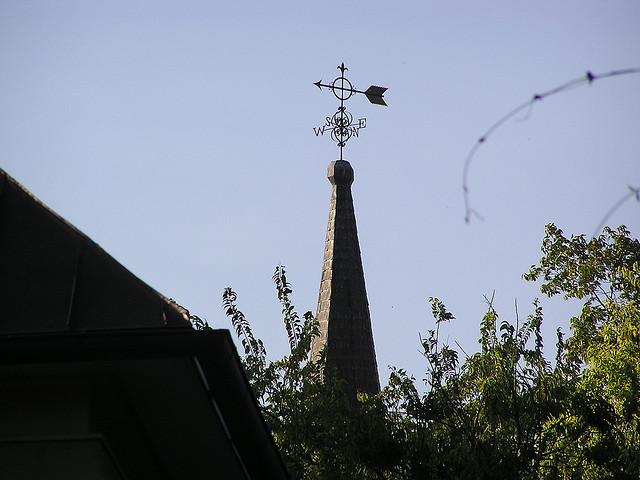
Racism, Dylann Roof, and the Stupid Joke I Played on Emanuel A.M.E.
A woman in white came up to us and said, “You’re welcome here. Everyone is welcome here.” She motioned us into the sanctuary, Carol included, who kept on with her act like a road-show vaudevillian.
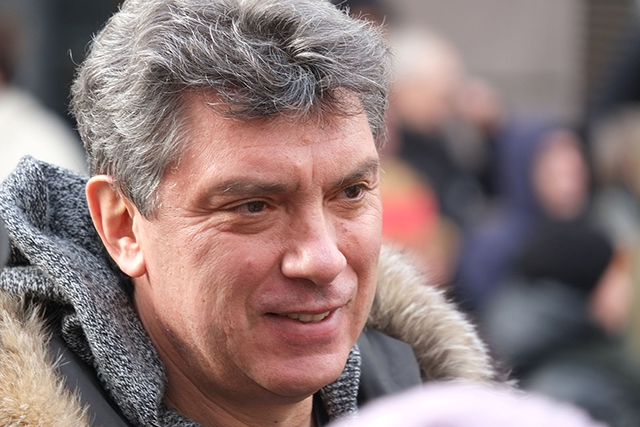
Darkness at Midnight
Boris Nemtsov had the courage to demand justice in Russia and to challenge Putin's regime; it cost him his life.
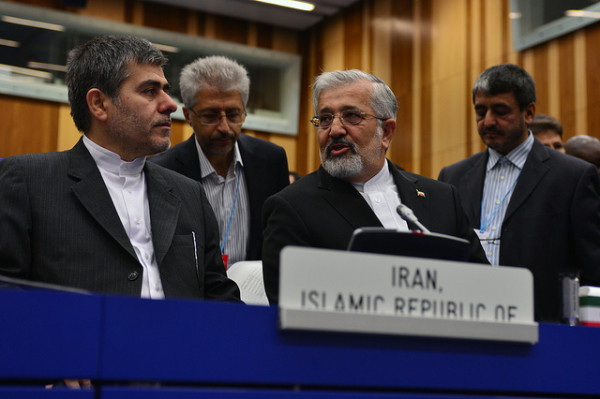
CIA Evidence from Whistleblower Trial Could Tilt Iran Nuclear Talks
The Jeffrey Sterling trial shows the U.S. government to be committed to deception about the Iranian nuclear program.
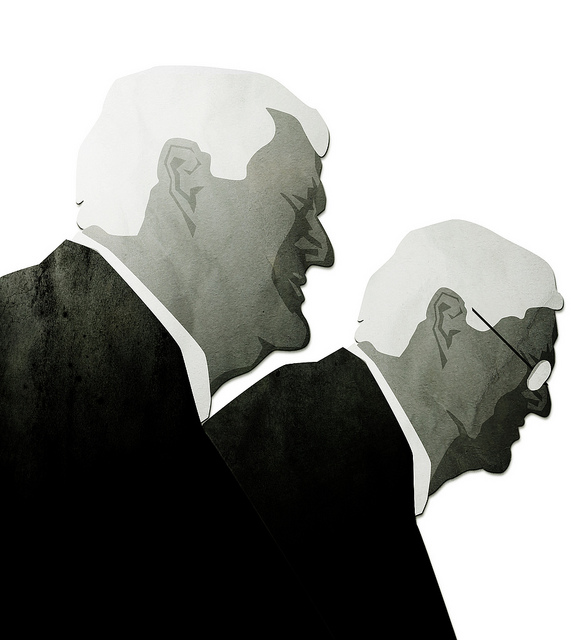
Citizens United, the Koch Brothers, Corruption, and Democracy
What the explosion in private political spending means now, five years after Citizens United.
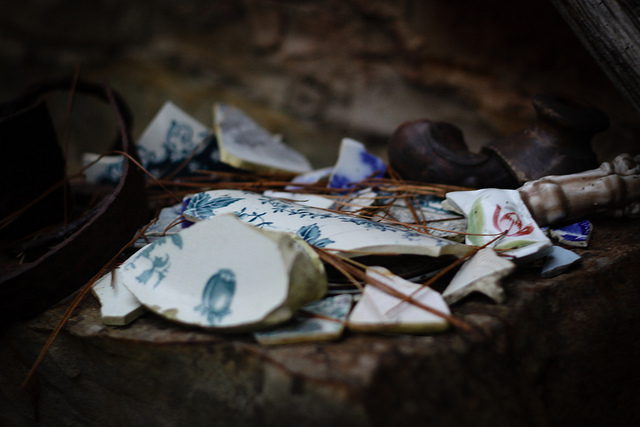

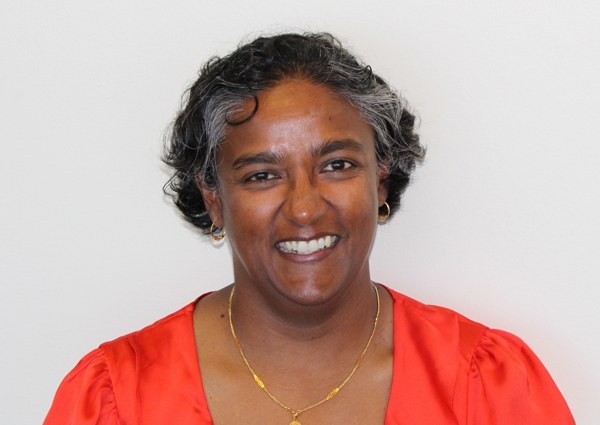
Sujatha Jesudason: The Thirty-Year Plan
The sociologist on turning the focus of the reproductive rights movement from abortion to love, sex, family, and community.
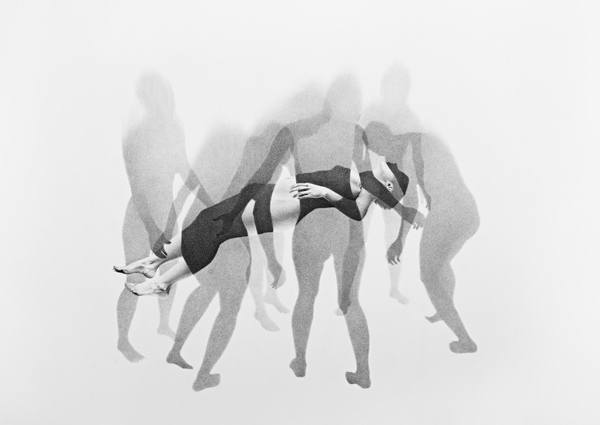
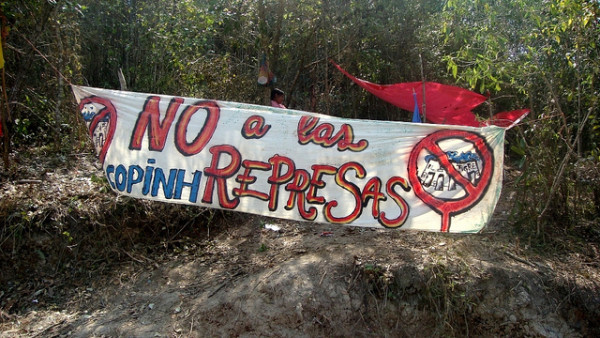
Indigenous People In Honduras Block Dam on Sacred River
Despite U.S.-backed violence against them, the Rio Blanco community is fighting back.
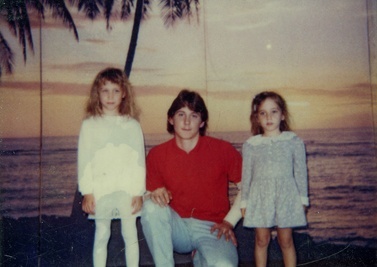
The Life Sentence of Dicky Joe Jackson and His Family
In order to pay for his son Cole’s life-saving surgery, he transported meth. But he got caught.
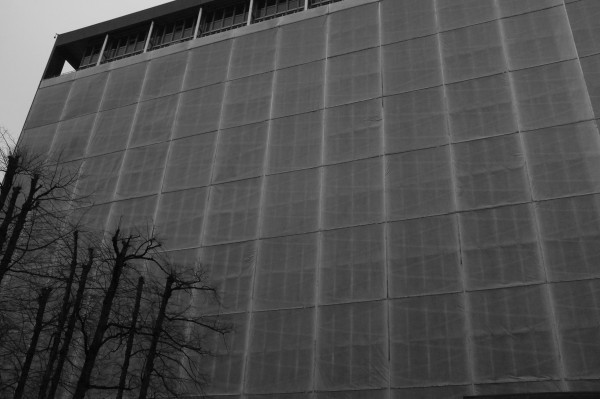
Ruins For The Future
One writer's reflections on country’s resilience, a bomber’s sanity, a government’s inertia.
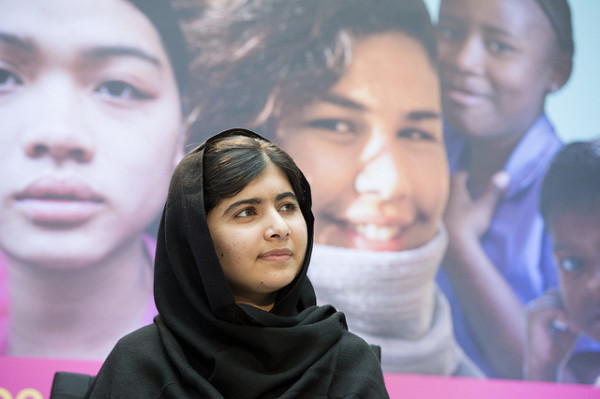
Making Martyrs
Why the book I Am Malala is too simple an answer, the narrator too quick a martyr and the narrative too slyly an ode.
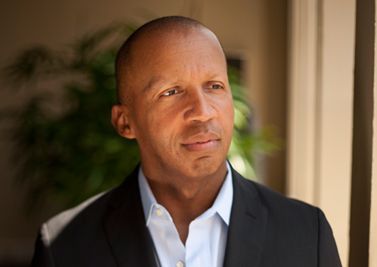
Bryan Stevenson: Walking With the Wind
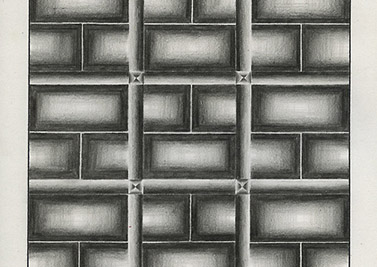
Death in Camp Delta
On the power of silence, submission to force-feeding, and the first suicides in Guantánamo.
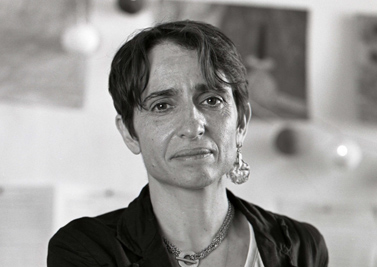
Masha Gessen: Propaganda On Russia’s Own Shrinking Public Acceptance Space To Talk Of Reality
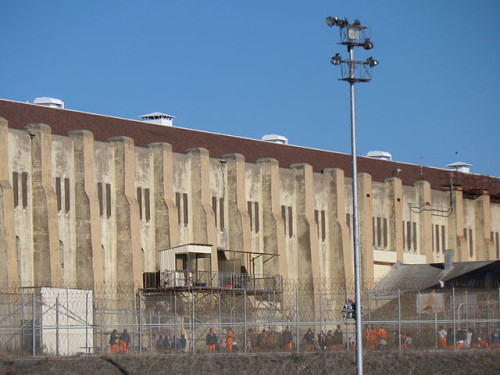
The News from San Quentin, Part 2
Crime and punishment and “disapproved content.”
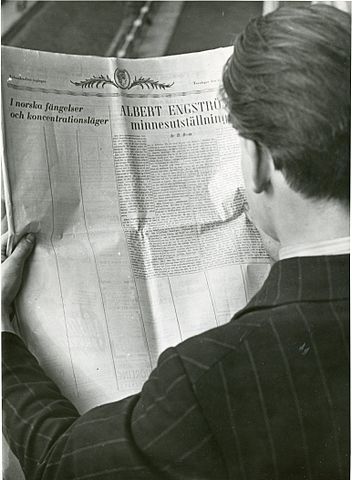
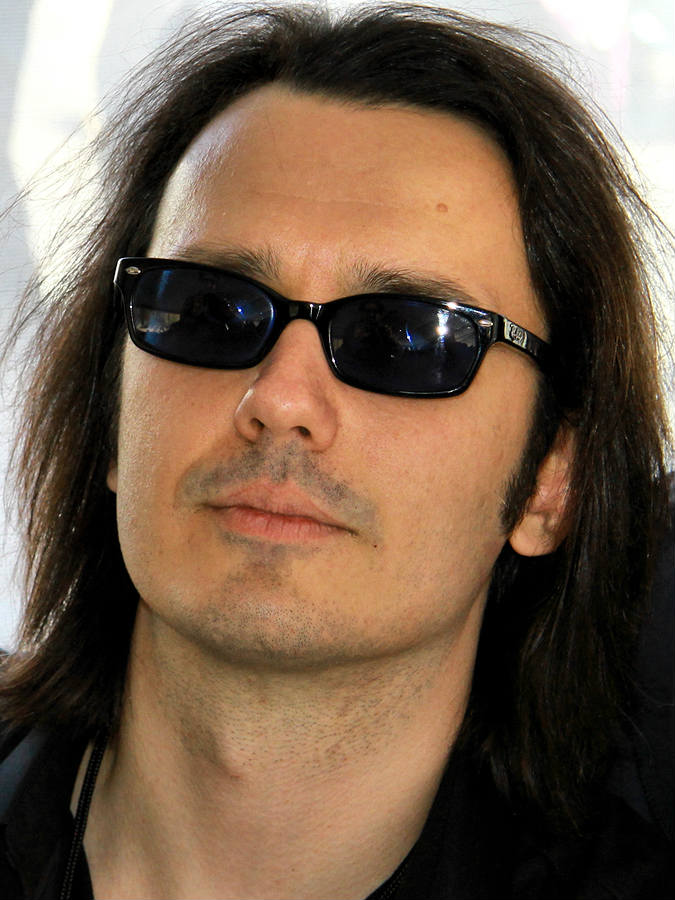
Pens in the Pen
A former prosecutor reflects on wrongful convictions, Damien Echols's memoir, and the importance of prison arts programs.
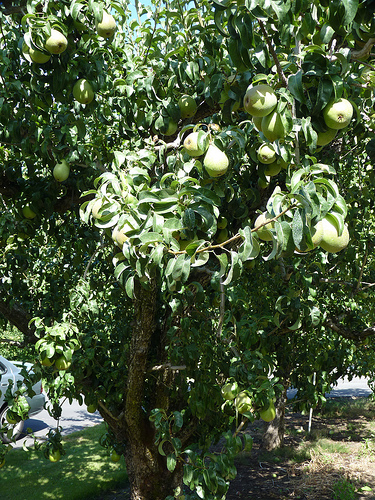

Christopher Meyers: Letter to My Grandnephew
Flash Fiction from PEN's Prison Writing Contest: I have written 721 pages of letters to you. The paper I write letters to you on is 8' x 10.5'. I hate that.
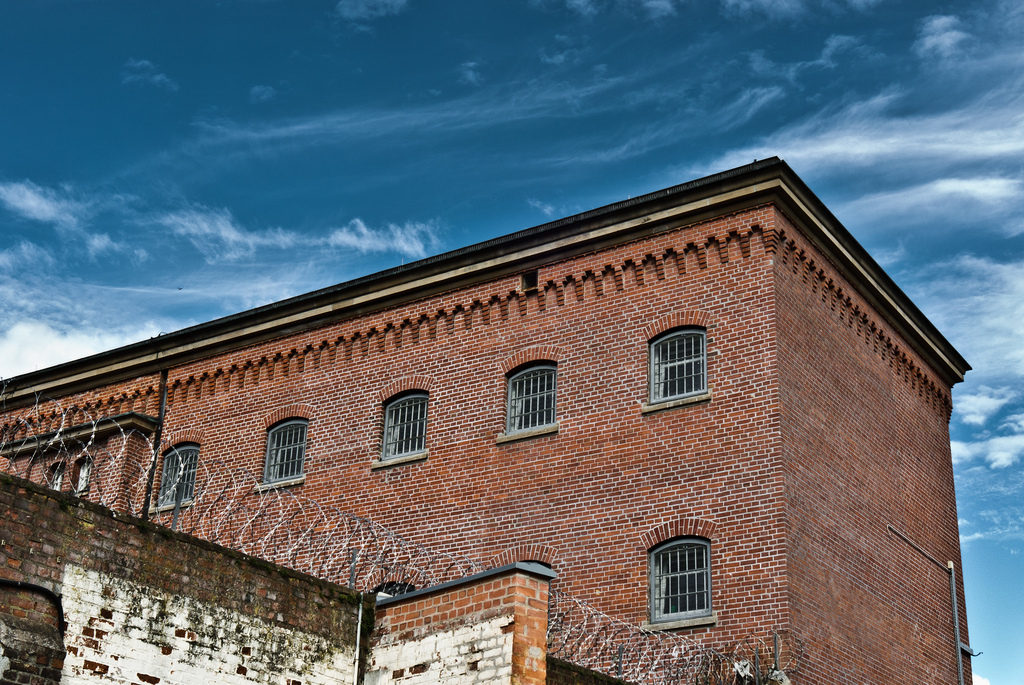
Prison Scratchings
A former assistant district attorney reflects on the Day of the Imprisoned Writer and the intimacy of the handwritten word.
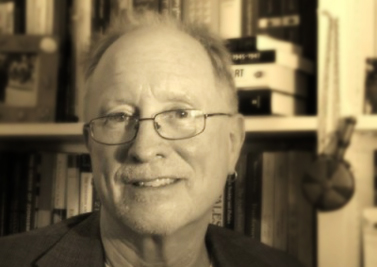
Bill Ayers: Radical Acts
The activist, educator, and former leader of the Weather Underground on upholding revolutionary principles in “non-revolutionary times.”
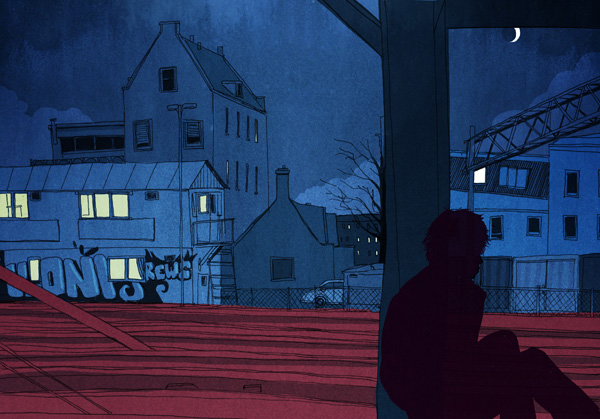
Refuge, Part III
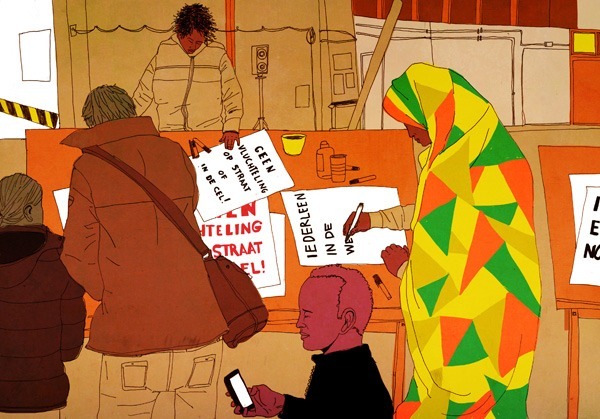
Refuge, Part II
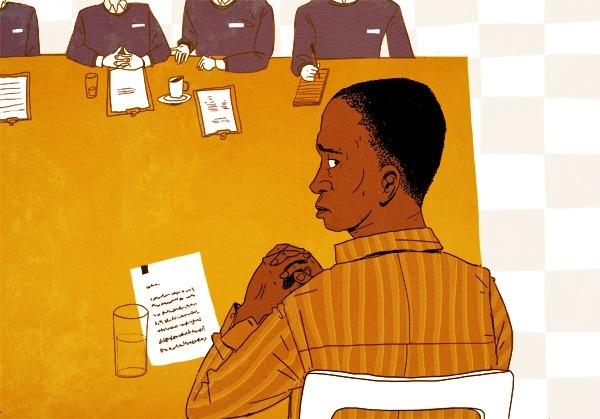
Refuge, Part I
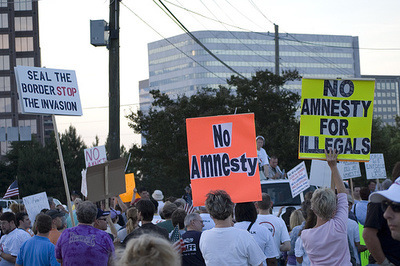
Amnesty by Any Other Name
Why the term "amnesty" gets hurled at undocumented workers while plenty of corporate lawbreakers escape legal penalties.
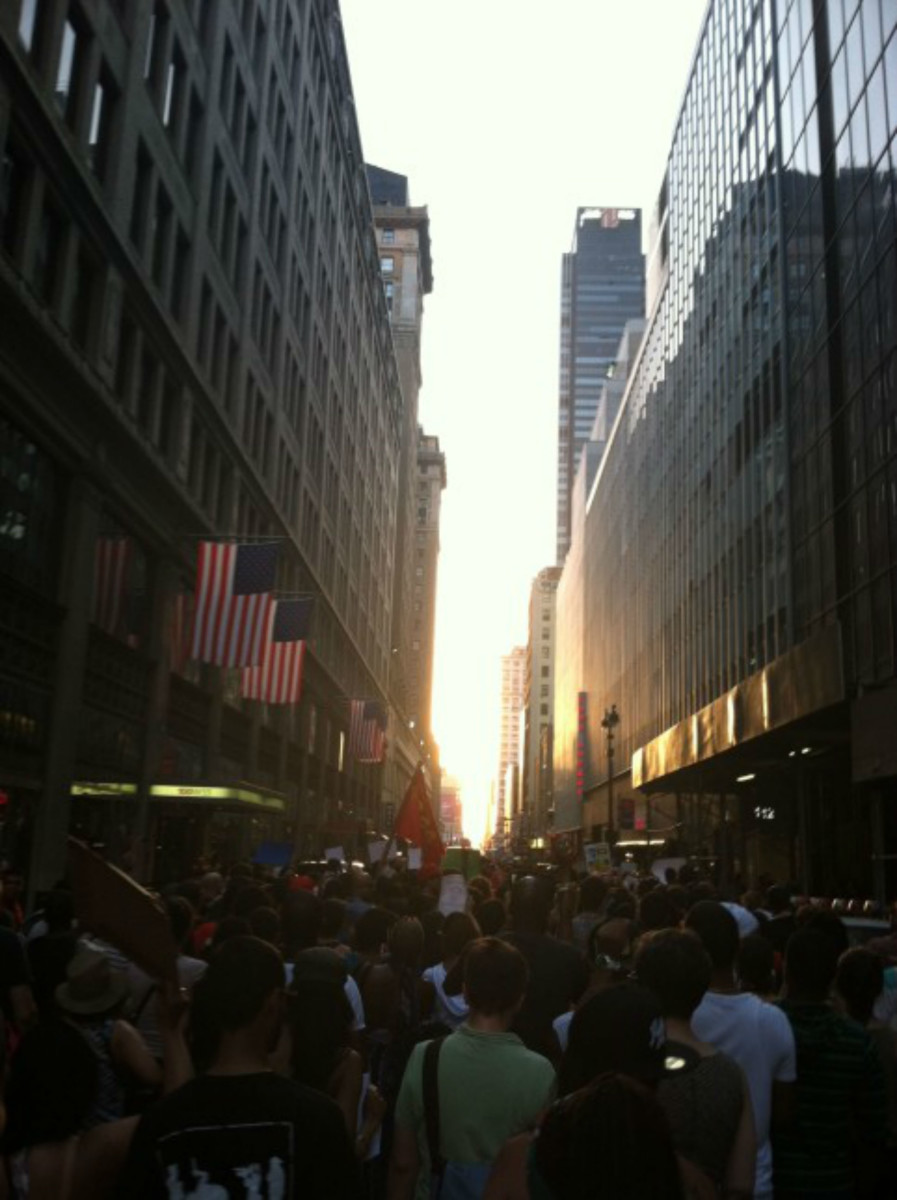
A Note to Zimmerman’s Facebook Defenders
The problem with the "but this is the law" response.
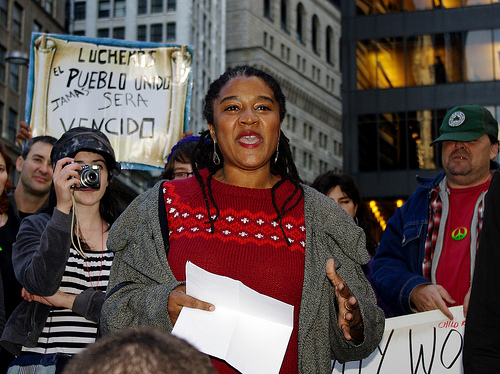
Lynn Nottage: History of Omission
The Pulitzer Prize winner on human rights work and playwriting, telling stories that are "profoundly unheard," and why she thinks a lot of writing about Africa amounts to little more than "pornography."
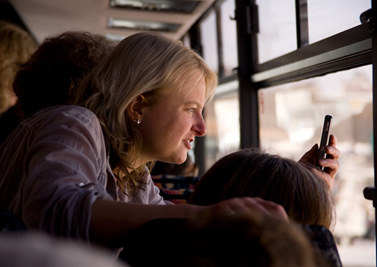
Fifty Shades of Feminism
The cultural historian on the rhetoric of freedom, bossy white women, and the prospects of beating patriarchy by 2040.
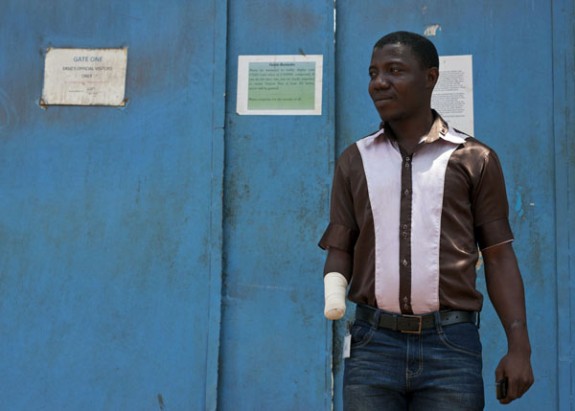
Charles Taylor and the Limits of Justice
Jabati Mambu, a Sierra Leonean severely wounded in the civil war, watches as the Hague hands down a war crimes verdict.
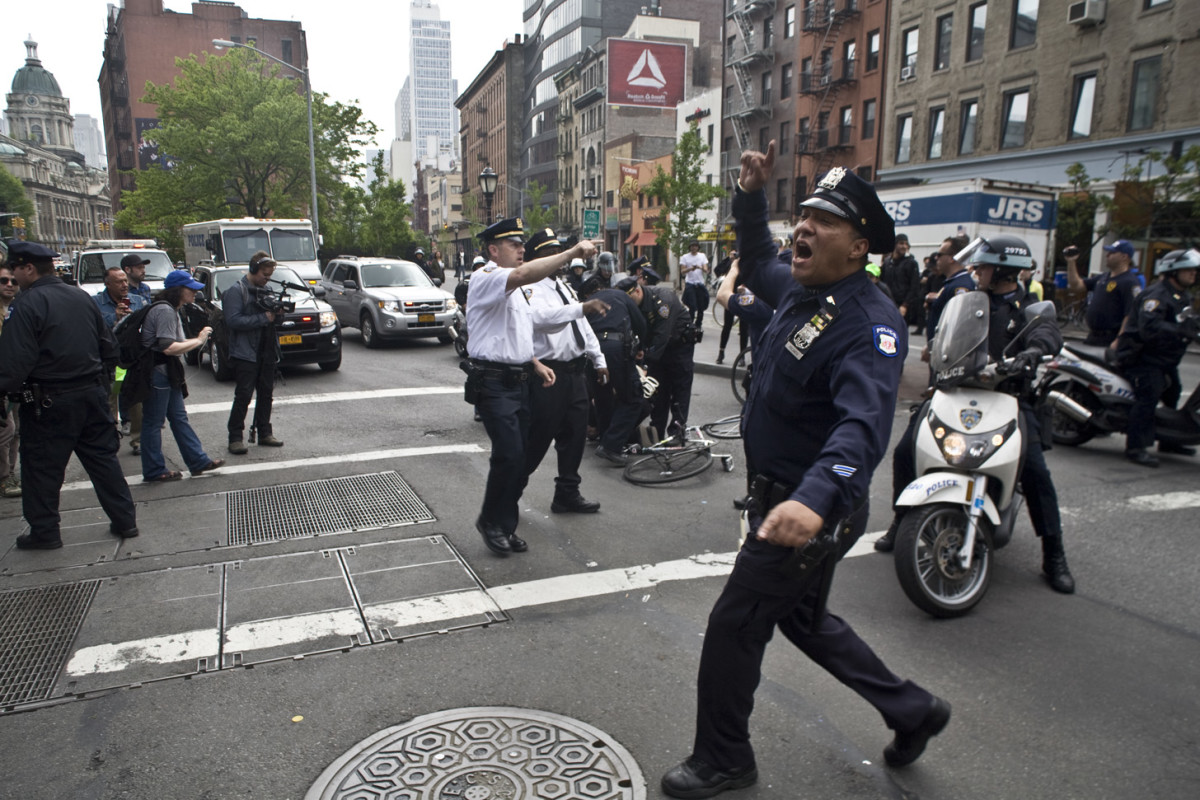

Welcome to the 2012 Hunger Games
Sending debt oeonage, poverty, and freaky weather into the arena.

The Iron Lady

Kalle Lasn: The Wizard of #OWS
